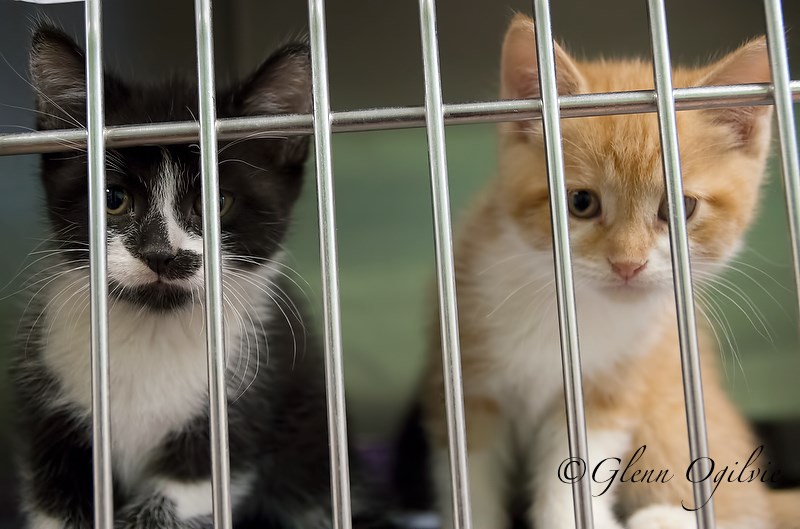Jack Poirier
Special to The Journal
When it comes to things that rile up Sarnians, stray cats and dogs are at the top of the list.
Sarnia’s Bylaw Enforcement Office had received 1,119 complaints about loose pets by the end of September, an average of more than four calls a day.
And the city’s six bylaw officers had already found 219 cats and dogs roaming at large, said Adam MacDonald, Supervisor of By-law Enforcement.
The number of wandering pets rounded up – both by officers and the irritated neighbours of careless owners – jumped dramatically after Sarnia revamped its pet bylaw on Jan. 1, 2010.
The bylaw limits the number of dogs to two per household and cats to two per adult, and raised the minimum fine to $100 from $50.
Under the new rules, which sparked heated controversy and council debate, the city also began providing humane traps so residents could capture nuisance cats running loose in their yard.
So far this year more than 157 charges have been laid, with fines ranging up to $200.
Sarnia Mayor Mike Bradley said it might be time to revisit the bylaw given the “tsunami-like growth” in pet ownership, especially dogs.
“The number of calls coming in is so large,” he said.
The crackdown on loose cats resulted in a dramatic increase in intakes at the Sarnia and District Humane Society.
The shelter took in 702 cats in 2009. When the rules changed the following year the number of cats taken in swelled to 1,285, and to 1,311 in 2011. Since then the numbers have been declining gradually.
Animal Cruelty Investigator Becky Knight said the bylaw has allowed officers to better deal with cases of pet hoarding.
“It has helped get these owners more in the open. We’re pretty much dealing with it on a monthly basis,” she said.
The shelter “receives trapped cats regularly, almost on a daily basis,” she added.
That means higher operating costs for the humane society, which can house up to 100 cats at a time.
Knight said an education push to encourage spaying and neutering is having a positive impact. However, the shelter continues to see a troubling number of animal cruelty cases.
“The calls are getting worse,” Knight said. “We’re seeing multiple abandonment cases.
“There is no excuse. Pets are not disposable. To have a pet is a choice and if you choose to take a pet into your life, fully commit to it.”
MacDonald said Sarnia’s pet bylaw provides rules for responsible pet ownership with the goal of reducing conflict between people and pets.
The enforcement office also aims to reduce other public nuisance issues such as barking dogs, and safety issues like animal bites and the spread of rabies.
